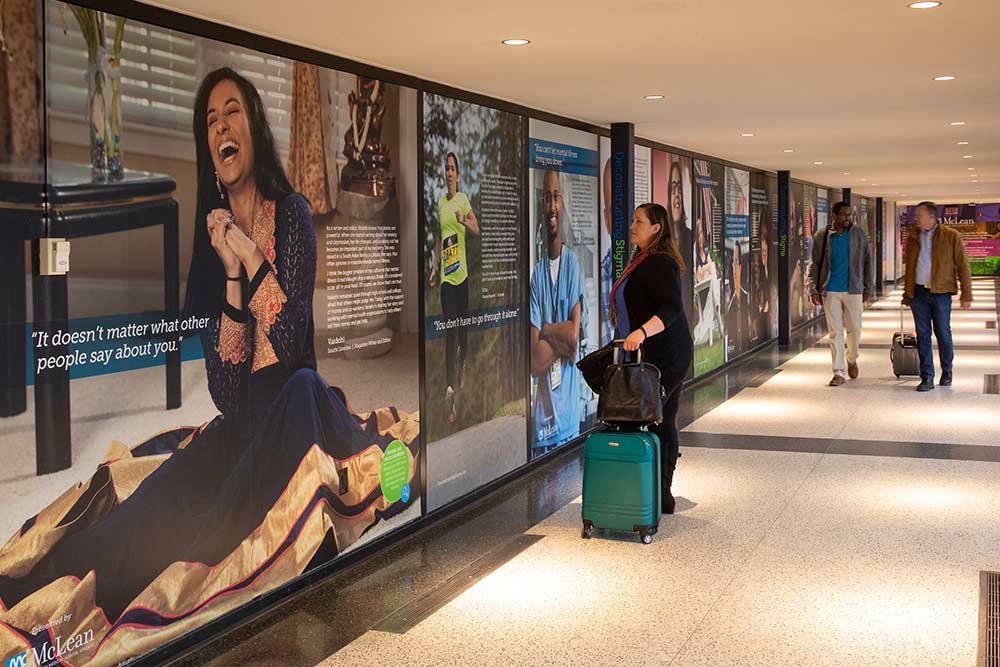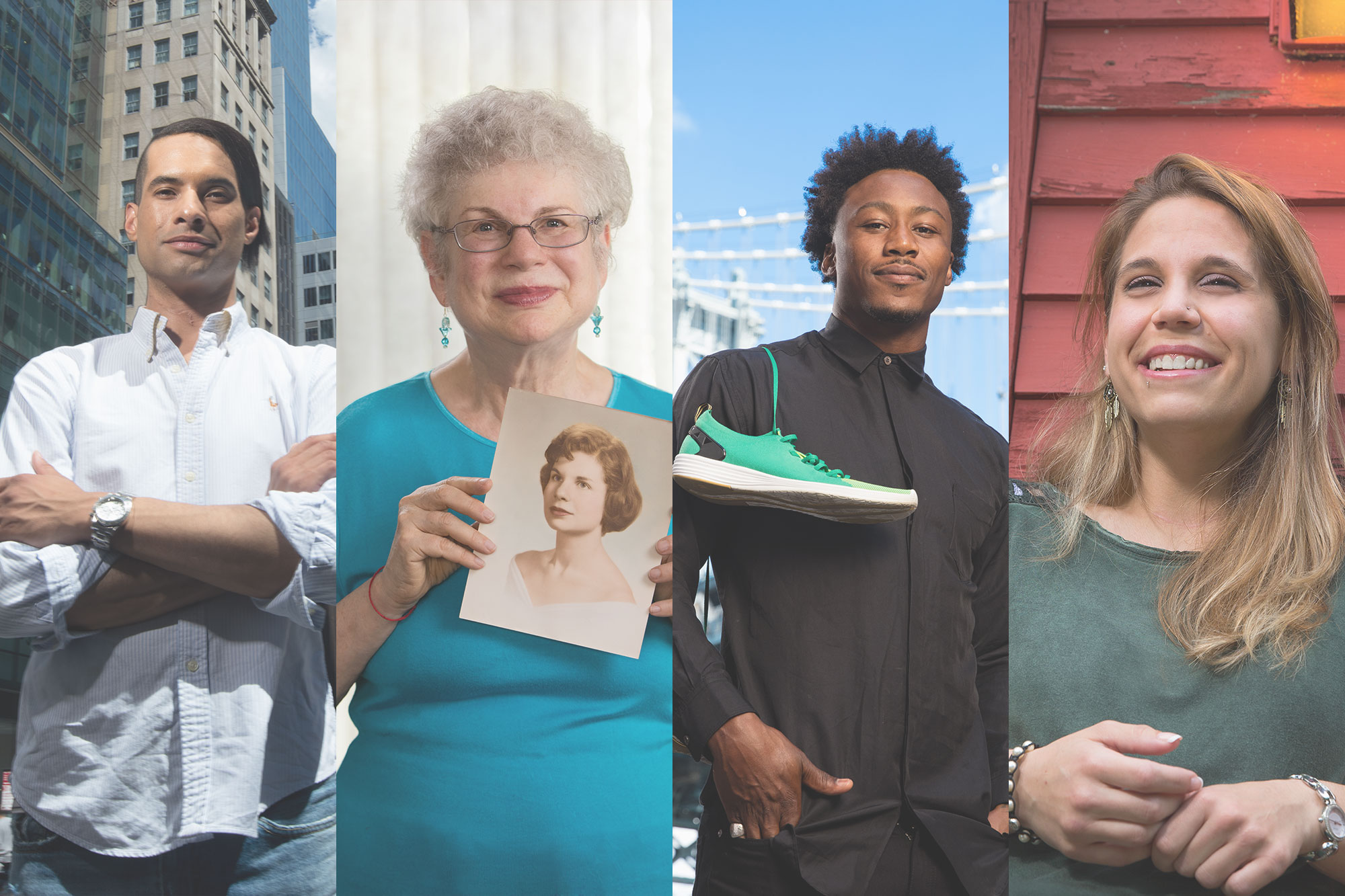Never give up. Keep trying. You can have a full life
While living in Seattle and working as a marketing representative for a large corporation, David experienced his first manic-depressive episode.
As he looked out of the apartment window, the world seemed to be spinning in front of him. Heavy rains, ominous clouds, and the sound of sirens from the nearby hospital district overwhelmed his senses. He was terrified. He was 23 at the time.
I had a vision of heavy dark clouds coming over my apartment building. I thought the world was coming to an end. I tried to communicate with Jesus, praying on my knees and asking for help.
During this episode, for some unknown reason, David called a family friend who had been diagnosed with bipolar disorder—then known as manic depression. She called his parents. They immediately came to Seattle and helped him get admitted to a psychiatric hospital.
This was the beginning of David’s lifelong journey with bipolar disorder.
Upon being admitted to the hospital, I was placed on lithium. My extreme mood swings stabilized after three weeks.
I was close to my sister and rented an apartment in her building for support and care. But I chose to stop taking medication and quickly slipped into another manic episode.
I left my apartment—without notifying my sister or family. This was the start of a three-year period of homelessness, prisons, and institutions. I rented a car and drove cross-country not knowing where I was going. My father had to purchase the car to avoid grand theft larceny charges.
David eventually ended up in New York City, now with over $12,000 in credit card debt. He drank alcohol to quiet his racing mind and slept in homeless shelters and church basements. He went to his college fraternity seeking refuge.
I needed money. In the middle of a fraternity closet, there was a large pile of clothing. I decided to bundle it into a bag to sell at a college second-hand store for food.
A fraternity member called the campus police and I was arrested and transferred to a state prison. There, I experienced life-threatening situations. I screamed out of fear, demanding to see the prison warden. I insisted on being locked in a single cell intended for lifelong prisoners.
On the ninth day, I appeared before a judge and was told I was free to go. The judge recalled his days in a fraternity. He thought this was a fraternity prank. He stood up and apologized for all that I had been through.
David’s parents made the decision to stop financial support. At 26 he was homeless, and hitchhiking on the Connecticut Turnpike when a very kind man picked him up. David had a moment of clarity and asked to be taken to the nearest hospital. He was placed on powerful antipsychotic medications and then stabilized with lithium at a state psychiatric hospital.
Once discharged, David bought a bus ticket back to Seattle with funds from disability insurance. He rented a room in a communal student house and eventually attempted suicide by overdosing on his medications. Once again, he was admitted and stabilized at a psychiatric hospital.
I knew I had to start my life over.
My parents gave me $150 and a one-way plane ticket to Boston. While waiting for the bus to Cape Cod, I was robbed. I asked for help and will forever be grateful to the kindness of strangers.
I eventually contacted one of the major hospitals in Boston for help and have been stable for nearly 40 years.
I joined a 12-step support group for addiction in 1987 and celebrated 35 years of sobriety in 2022. With the help of the support group, I stopped smoking, beat a powerful gambling addiction, lost 25 pounds, established a retirement fund, and repaired family relationships.
David’s entrepreneurial talents led him to set up several successful commercial cleaning services over the 40 years he has lived outside of Boston. He is now retired and enjoys a full life of award-winning photography, daily exercise, gardening, and many social activities.

